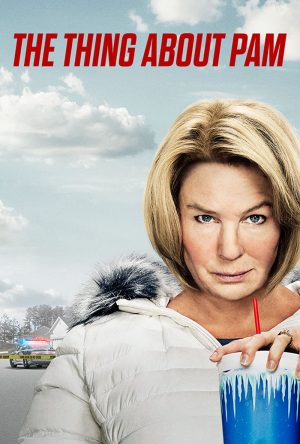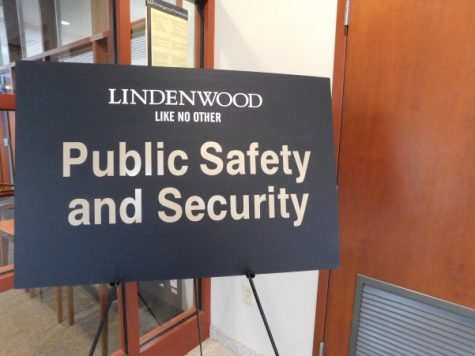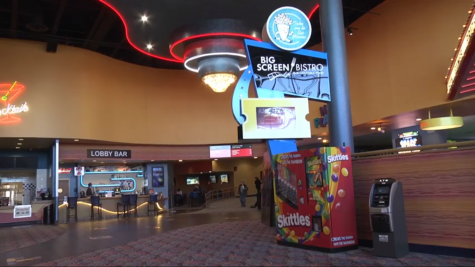Professor’s documentary on death penalty case screened at film festival
“Through the Cracks” is a documentary set in Valley Park, Missouri, a town by the Meramac River. It is about the capital murder trial of Johnny Johnson, a schizophrenic man who murdered a 6-year-old girl.
Movie still from Ben Scholle
November 14, 2019
Lindenwood Cinema Arts professor Ben Scholle directed a documentary which screened Sunday at the St. Louis International Film Festival; and raises questions about mental illness and capital punishment.
The movie “Through the Cracks” is about the murder of six-year-old Casey Williamson in the west St. Louis County town of Valley Park, Missouri, and the aftermath of the brutal crime.
The perpetrator was 24-year-old Johnny Johnson, a diagnosed schizophrenic. Shortly before the murder in 2002, he went “through the cracks” of the state mental health system, stopped taking medication and, according to prosecutors, was self-medicating with illegal drugs.
Through interviews with members of the prosecution, defense, jury and the families of the victim and defendant, Scholle’s documentary covers Johnson’s 2006 trial, in which he received a death sentence. The case raised dilemmas about whether Johnson should be executed in spite of his mental illness, and about gaps in the mental health system.
“It’s not an easy film to watch, and I didn’t make it with the intention of necessarily changing anybody’s mind, I just made it with the intention of hoping that people will think more deeply about the issues that are in it,” Scholle said.
In the film, interviewees on both sides of the death penalty issue said the crime should have been prevented in the first place with better services for the mentally ill. Scholle said he hopes this will be the main takeaway from “Through the Cracks.”
After the free screening at Washington University in St. Louis, there was a Q and A session with Scholle, former Missouri Department of Corrections Director George Lombardi, and Jeanie Thies, a former prison psychologist.
Thies said there is a problem with misconceptions about mental health because juries can see mentally ill defendants as more violent or doubt that they are mentally ill if they seem functional in some ways.
Thies, who teaches political science at Lindenwood, and psychology professor Christopher Scribner advised Scholle on the mental health issues in the movie.
“There is something that seems cruel about giving someone the ultimate punishment for actions that presumably they did not really have voluntary control over,” Scribner said.
Scholle started making “Through the Cracks” in 2012.
Originally, a public defender asked him to make a film about a different case. That client changed his mind about being the subject of a documentary, but then the attorney told Scholle about the Johnson case.
Williamson’s great aunt, Della Steele, was interviewed in the movie about her family’s experience after the tragedy.
After the screening, she said Scholle was honest and considerate when interviewing her, but questioned whether the film was unbiased.
“I appreciated having the opportunity to have [Casey Williamson] represented here, and have people not forget about her, because people can feel bad for [Johnson] all day long, but in the end, she’s the one who was cheated out of her life in the most horrible way,” she said.
Steele said Williamson’s death is “not something you ever get over.” After the murder, her family started the annual Valley Park Safety Fair to keep her memory alive by educating about safety.
Scholle said he wanted to make viewers empathize with all sides of the complicated case his documentary covers.
“If you’re on the fence about the death penalty, then test your feelings on a case like this,” he said.
Scholle talked to Johnson once, but didn’t interview him for the film because he didn’t seem to remember anything about the murder.
Johnson’s case went to the Missouri Supreme Court, and he still sits on death row pending federal appeals, Scholle said.
There are no plans for distribution of “Through the Cracks,” which has also screened at Lindenwood. Instead, Scholle said, he plans for it to be used for educational screenings.
His previous documentary, HairKuTT, aired on Black Entertainment Television and the Documentary Channel and won Best Documentary at the 2005 St. Louis Filmmakers Showcase.
“Through the Cracks” trailer provided by Ben Scholle



















